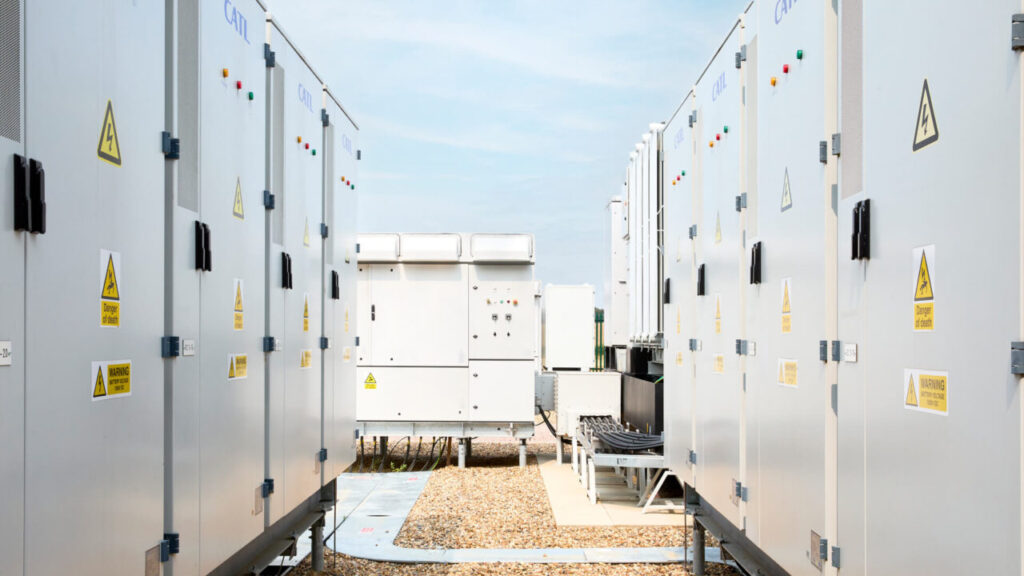
Battery energy storage system (BESS) developer Field has announced that it has acquired the Hartmoor BESS from Clearstone Energy.
The 200MW/800MWh project, set to be located on the outskirts of Hartlepool in the north east of England, was granted planning consent in 2023. Following the securing of planning permission, Clearstone Energy worked with the National Energy System Operator (NESO) to bring the grid connection date for the project forward from 2033 to 2026, as part of NESO’s efforts to make the grid connection queue more efficient. The need for energy storage assets in the north east of England will become more pressing as the Dogger Bank wind farm project is connected to the grid between 2025 and 2028.
Field currently has an 11GW pipeline of energy storage assets across Europe, including ten projects in the UK. Three of these – the 20MW/20MWh Oldham project, the 20MW/20MWh Gerrards Cross development and the 20MW/40MWh Newport project – are operational, with a further seven UK projects totalling 450MW/1GWh currently in construction or pre-construction.
Meanwhile, Clearstone will use the funds from the asset sale to continue to develop its 2.2GW pipeline, which is made up of eight large scale storage projects located around the UK, all of which have secured transmission connection dates from NESO. The company successfully secured planning permission for its 400MW/800MWh Junction 27 project in Devon in April of this year, having announced plans for the development in September 2023.
Ben Pratt, founder of Clearstone Energy, said: “The NESO’s efforts to work with us to accelerate the project’s grid connection date is testament to its commitment to enabling the rapid build out of UK battery storage. Field has a compelling vision for the future of the UK energy system and we’re delighted that they will take the project through construction and into operations.”
Amit Gudka, CEO of Field, emphasised the importance of BESS in hitting net zero goals, adding: “Transmission-connected battery storage sites like Field Hartmoor can reduce constraint costs, provide stability and reactive power services at a lower cost to bill payers than any other technology. This is why Field is calling on the Government, Ofgem and the NESO to continue working together to accelerate the deployment and enable greater use of battery storage, in order to achieve a net zero energy system.”

